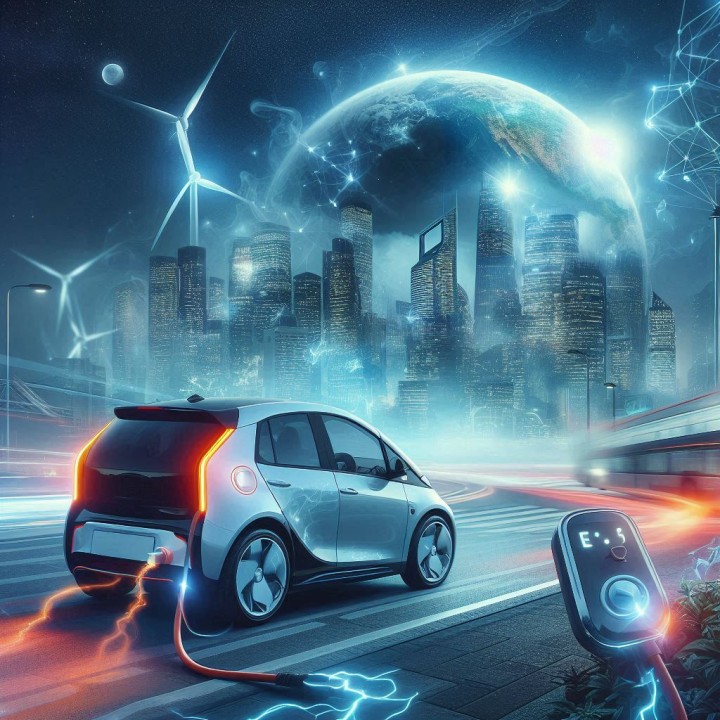
The electric vehicle (EV) industry is rapidly evolving, driven by advancements in battery technology, environmental concerns, and government policies promoting sustainability. As global demand for cleaner transportation grows, EVs are set to reshape the automotive market, impacting industries, consumers, and economies worldwide.
The Growth of EVs
Over the past decade, EV adoption has accelerated due to factors like declining battery costs, improved charging infrastructure, and increased consumer awareness of climate change. Companies like Tesla, Rivian, and traditional automakers such as Ford and Volkswagen are investing heavily in EV production to meet the rising demand.
Key Innovations Driving the EV Market
- Battery Technology Improvements – The development of solid-state batteries promises longer ranges, faster charging, and improved safety compared to lithium-ion batteries.
- Charging Infrastructure Expansion – Governments and private companies are investing in widespread charging networks, reducing range anxiety for consumers.
- Autonomous and AI Integration – The combination of EVs with self-driving technology is expected to revolutionize mobility, making transportation safer and more efficient.
- Recycling and Sustainability Efforts – Advances in battery recycling and sustainable production methods aim to minimize the environmental footprint of EV manufacturing.
Impact on the Automotive Market
1. Traditional Automakers Shifting to EVs
Legacy car manufacturers are pivoting towards electrification, with brands like General Motors and BMW announcing plans to phase out internal combustion engine (ICE) vehicles over the next decade.
2. Oil Industry Disruption
The rise of EVs is expected to decrease global oil consumption, affecting fuel prices and reshaping energy markets. Countries reliant on oil exports may need to diversify their economies to stay competitive.
3. Job Creation and Industry Growth
While the transition to EVs may lead to job losses in traditional automotive sectors, it will create new opportunities in battery manufacturing, software development, and EV infrastructure expansion.
Challenges Facing EV Adoption
Despite the promising future, EV adoption faces several challenges:
- High Initial Costs – While prices are dropping, EVs remain more expensive than their ICE counterparts.
- Charging Infrastructure Gaps – Some regions still lack a robust charging network, making long-distance travel difficult.
- Battery Recycling and Environmental Impact – Sustainable solutions for battery disposal and material sourcing must be developed to make EVs truly green.
The Road Ahead
Governments worldwide are setting ambitious goals to reduce carbon emissions, with many planning to ban the sale of new gasoline-powered vehicles by 2035 or earlier. The continued advancement of EV technology, coupled with policy incentives, will likely make EVs the dominant mode of personal and commercial transportation within the next two decades.
Conclusion
The future of electric vehicles is bright, with innovations and policies pushing the market toward mass adoption. While challenges remain, the long-term benefits—including lower emissions, reduced dependency on fossil fuels, and new economic opportunities—make EVs a crucial part of the global transition to sustainable energy. As the industry grows, businesses and consumers must adapt to the changing landscape, embracing the shift towards a cleaner, electrified future.

Leave a Reply